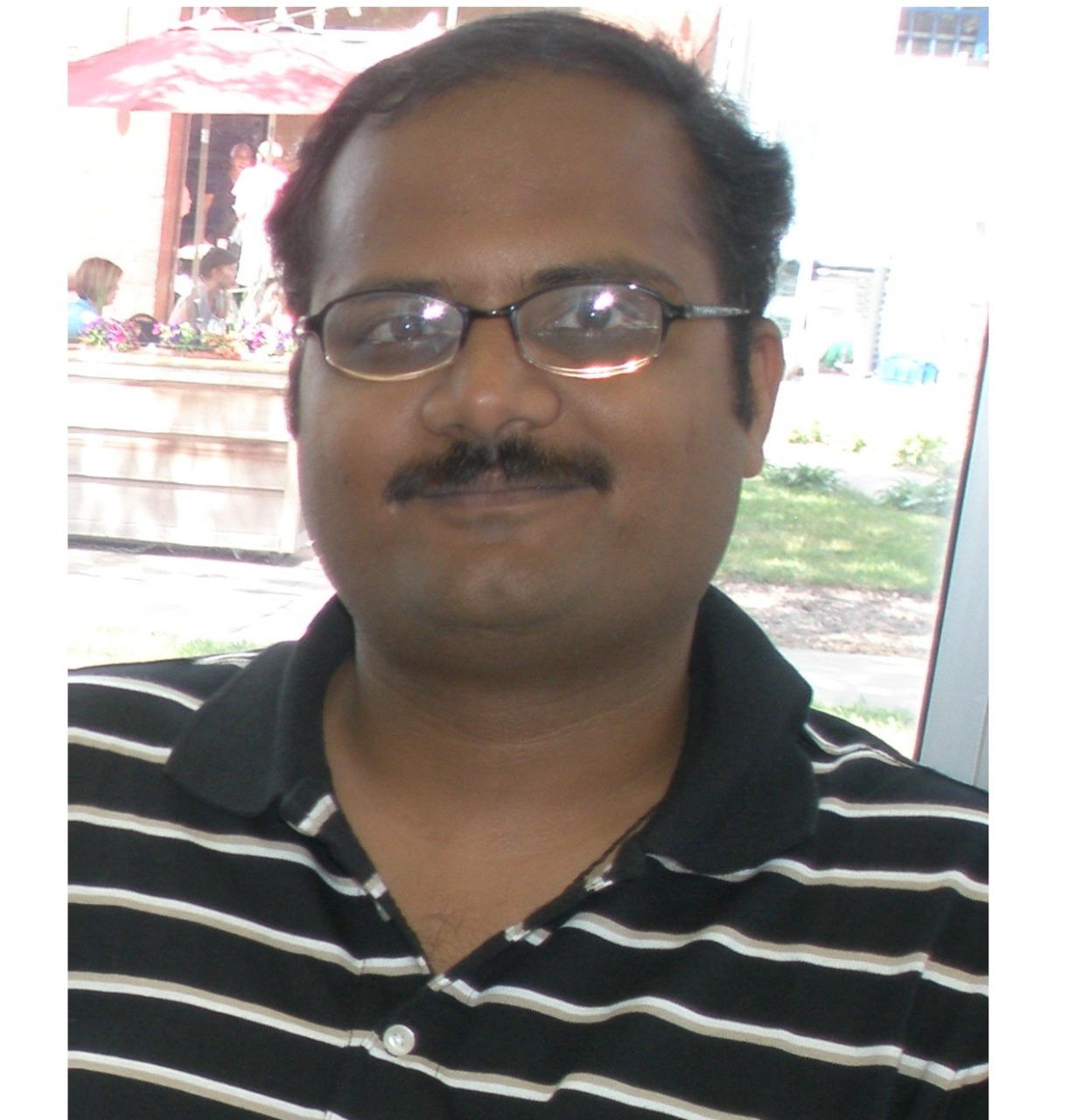
Prof. Manav R. Bhatnagar (Senior Member, IEEE) received the M.Tech. degree in communications engineering from the Indian Institute of Technology Delhi, New Delhi, India, in 2005, and the Ph.D. degree in wireless communications from the Department of Informatics, University of Oslo, Oslo, Norway, in 2008. From 2008 to 2009, he was a Postdoctoral Research Fellow with the University Graduate Center (UNIK), University of Oslo. He held visiting appointments with the Wireless Research Group, Indian Institute of Technology Delhi; the Signal Processing in Networking and Communications (SPiNCOM) Group, University of Minnesota Twin Cities, Minneapolis, MN, USA; the Alcatel-Lucent Chair, SUPELEC, France; the Department of Electrical Computer Engineering, Indian Institute of Science, Bangalore, India; UNIK, University of Oslo; the Department of Communications and Networking, Aalto University, Espoo, Finland; and INRIA/IRISA Laboratory, University of Rennes, Lannion, France. He is currently a Professor with the Department of Electrical Engineering, Indian Institute of Technology Delhi, New Delhi, India. His research interests include signal processing for multiple-input-multiple-output systems, cooperative communications, non-coherent communication systems, distributed signal processing for cooperative networks, multiuser communications, ultra wideband-based communications, free-space optical communication, cognitive radio, software defined radio, power line communications, and satellite communications. He was selected as an Exemplary Reviewer of the IEEE COMMUNICATIONS LETTERS for 2010 and 2012, and an Exemplary Reviewer of the IEEE TRANSACTIONS ON COMMUNICATIONS for 2015. He was an Editor of the IEEE TRANSACTIONS ON WIRELESS COMMUNICATIONS during 2011–2014. Presently, he is serving as Editor, IEEE Transactions on Communications. He has received the NASI-Scopus Young Scientist Award 2016 in engineering category and the Shri Om Prakash Bhasin Award in the field of Electronics and Information Technology for the year 2016 and also the recipient of Hari Om Ashram Prerit Dr. Vikram Sarabhai Research Award 2017. He is a Fellow of the Institution of Engineering and Technology (IET), U.K., the Indian National Academy of Engineering (INAE), the Institution of Electronics and Telecommunication Engineers (IETE), India, and the Optical Society of India (OSI).
Abtract of Talk:In recent years, free space optical (FSO) communication has emerged to imprint its valuable contribution in high-speed wireless communication society due to its manifold advantages. FSO systems have immense potential for providing high-data-rate communication link and can be easily deployed over wide ranges of applications (also gained utmost attention in 6G and IoT platforms). However, reliable communication cannot be assured in security-constrained protocol-based FSO applications (especially in military platforms) due to technical constraints imposed on FSO system design and deployment (like high field-of-view, confined optical wavelengths). Under such technical circumstances, the FSO system may become vulnerable as it can be hampered by intentional or unintentional jammer that cannot be easily avoided by the legitimate sources. So, it becomes crucial to investigate different protocol based FSO systems to explore the performance statistics in presence of detrimental jamming activity and also to develop communication strategies to alleviate the impact of jamming during the data transmission between the authorized users.